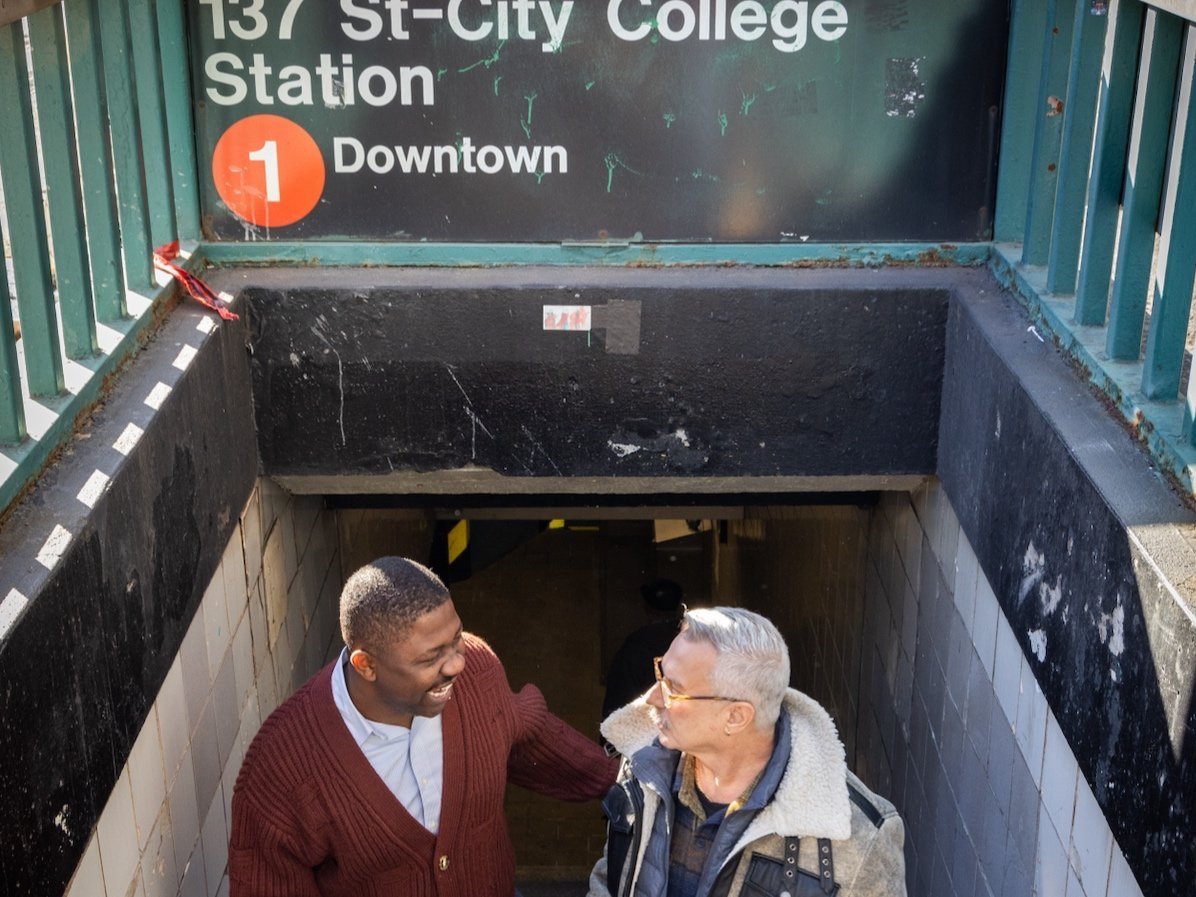
Transportation
-
E-bikes are dangerous for both pedestrians and the 65,000+ delivery workers in NYC; 28.7% of delivery drivers have experienced injuries that have forced them to miss work, lose consciousness, or seek medical care, and these drivers are disproportionately immigrants. And in 2023, there were 23 fatal e-bike crashes. At the same time, plans to require universal registration risk criminalizing immigrant workers under the hostile Trump administration.
One of the largest sources of e-bikes on NYC streets are delivery companies, who pressure deliveristas to make deliveries at breakneck speeds. As a councilmember, Edafe will introduce legislation to require delivery companies to provide and license bikes for their drivers and insure their deliveristas. Under such a plan, delivery companies themselves would be fined for reckless driver behavior, incentivizing companies to prioritize deliverista and pedestrian safety and preventing deliveristas from being unnecessarily criminalized.
-
As a city councilmember, Edafe would sign onto Gale Brewer’s Intro 1145-2024, requiring Citibike to install speedometers of e-bikes and limiting electric assistance for new users.
-
Only 3% of city streets have bike lanes. Creating more bike lanes will reduce cyclists on sidewalks and will make bike traffic more predictable. It also reduces New York City’s dependence on cars, helping New York to reduce its greenhouse gas emissions. The city, however, is behind on its goals: The city only built 32 miles of 50 miles of promised bike lanes in 2023.
Improving bus lanes in New York will also help make our city more affordable. Bus riders are predominantly lower income, and 55% of bus riders are immigrants. Our current administration, however, has not been meeting its obligations. As part of the Streets Master Plan, NYC is supposed to be adding 30 new miles of bus lanes every year. Instead, in 2024, NYC is on pace to build just 5.3 miles of bus lanes–the fewest bus lanes the city has built in 6 years.
As a councilmember, Edafe will use his oversight power to ensure that the city is meeting its commitments to reliable, clean public transportation.
-
Currently, only 1% of intersections in New York City have cameras. New York City can generate millions of dollars in revenue while improving safety by expanding the use of red light and speed cameras. The city should also look at creative solutions to making intersections safer through raised crosswalks, which half already made streets in Manhattan safer.
-
One of the easiest ways the city can help to make New York more affordable is by further subsidizing the Fair Fares program–which provides free and discounted MTA fairs for low-income New Yorkers–and cutting red tape for enrollment. This would also reduce fare evasion and would save the city money (the NYPD spent over $150 million in 2023 to recover $104,000 in evaded fares). Edafe also wants to raise the Fair Fares income eligibility threshold to 200% of the poverty level and automatically enroll people qualifying for other programs, like SNAP. By increasing the number of people who are eligible for fair fares, we can also ensure that NYPD is able to focus on subway safety, rather than fare evasion.
-
There is not ONE accessible subway stop on the 1 train from 96th street to Dyckman. Columbia University and the MTA have been dragging their feet for years, refusing to build an elevator at 125th street. Edafe will leverage Columbia University’s tax benefits to force them to the bargaining table to finally fulfill their promise to build an elevator at the 125th street 1 stop, and he will work with state lawmakers to hold the MTA accountable.
-
For the past year, Columbia University has kept its gates closed, in violation of its agreement with New York City. Edafe will leverage Columbia’s tax benefits to pressure them to open their gates, and he will use the City Council’s subpoena power to force the Department of Transportation to explain why Columbia has been allowed to break the law.


